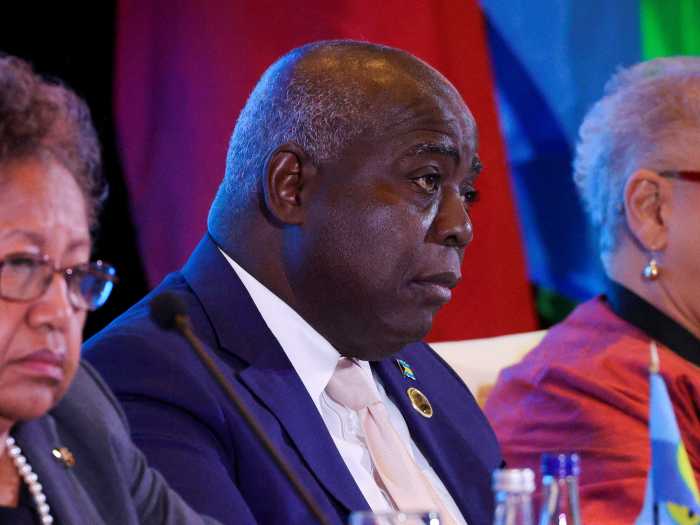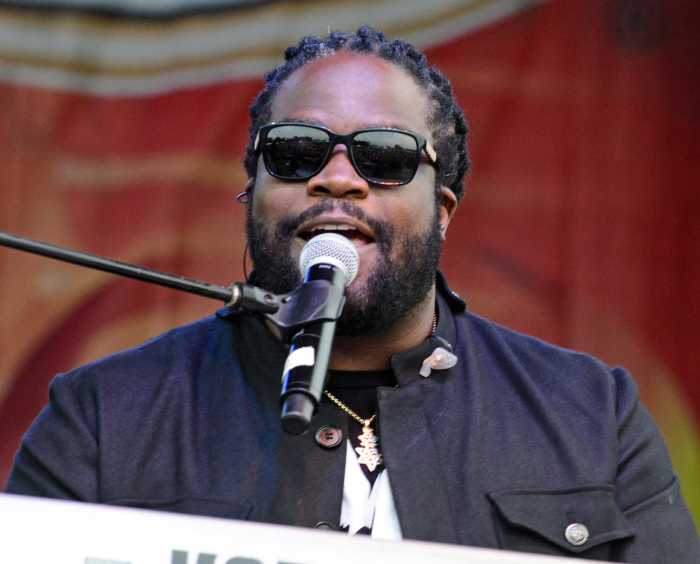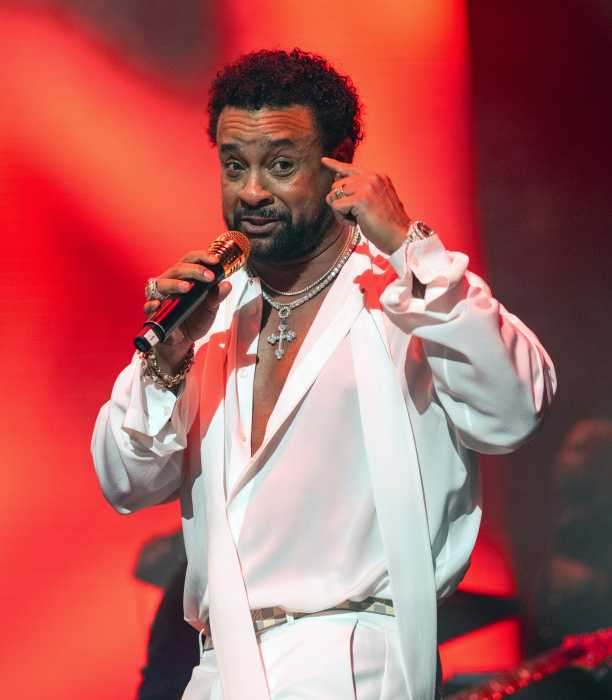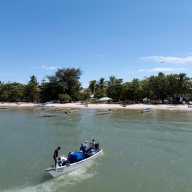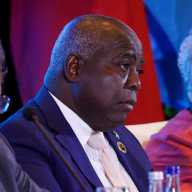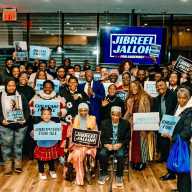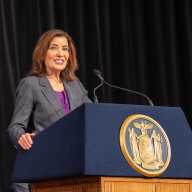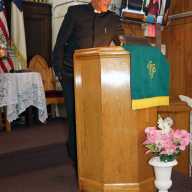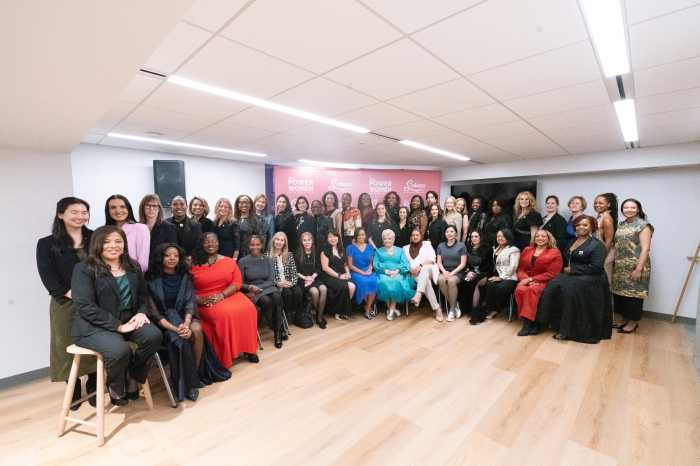Along with increased effort to sever formal ties with the United Kingdom, Jamaican Parliamentarian Mike Henry is ready to send an invoice to the Queen of England demanding payment for the brutal and profiteering role the government meted with enslavement of African captives.
The lawmaker approximates a 10 billion pounds or ($13.5 billion) settlement to reasonably compensate for the incalculable debt owed by Britain for enslaving and profiting from free labor from 1655 to 1838. With support from the island’s two political parties the government will proceed in petitioning for collection.
The amount only represent a fraction of payments already doled out to British emissaries who were sent to the island as masters and overseers.
“I am asking for the same amount of money to be paid to the slaves that was paid to the slave owners,” Henry, a member of the ruling Jamaica Labour Party said recently.
It has been documented and widely reported that as recent as 2015, Britain completed payments on interests from a $27-million loan the government acquired in 1834 to compensate slave owners after the empire abolished slavery.
Allegedly, the amount represented owed fees to ‘owners’ of former slaves disfranchised for forfeited ‘property’ — meaning slaves.
That sum represented a mere 40 percent of the government’s annual income and reportedly approximately five percent of Great Britain’s GDP.
Inflation calculators estimate the rate today would be equivalent to two billion pounds.
Some have even guestimated today’s market price at more than $17 or higher.
Henry believes the demand from Jamaica is modest.
In actuality he intends to petition for seven billion pounds but concedes that the price tag could be greater.
“I am doing this because I have fought against this all my life, against chattel slavery which has dehumanized human life.”
He is not alone in his assessment, although a colleague and fellow Jamaica Labour Party member, Olivia Grange declined to give a figure she amplified his call saying: “We are hoping for reparatory justice in all forms that one would expect if they are to really ensure that we get justice from injustices to repair the damages that our ancestors experienced.”
Grange, Jamaica’s minister of sports, youth and culture, told Reuters “Our African ancestors were forcibly removed from their home and suffered unparalleled atrocities in Africa to carry out forced labor to the benefit of the British Empire.”
“Redress is well overdue,” she added.
People’s National Party’s Opposition leader, Mark Golding also concurred.
“PNP has been part of the thrust to seek reparations for the ongoing effects of slavery,” he said adding that “a commission on reparations was established some years ago and that has continued across administrations in Jamaica.”
“I would say there’s bi-partisan support for the effort to try and get an acknowledgement of the righteousness of the cause.”
While in a leadership role from 2006 Portia Simpson Miller, the PNP-elected first female prime minister of the island relentlessly called for an end to the relationship of crown sovereignty Jamaica maintains with Britain.
On her inaugural role as the seventh PM she vowed to make the island a Republic.
Simpson Miller often denounced the state of affairs saying only by cutting ties with the former enslavers can the nation be truly independent.
Golding has never served as prime minister but in his role as opposition leader and perhaps a potential leader of the nation he endorsed the messaging and also pointed to the region’s allies whom he said shares a similar vision.
“There’s also a CARICOM initiative to seek reparations which Jamaica is part of and support for that initiative has been bi-partisan.”
Prof. Hilary Beckles, chairman of the CARICOM Reparations Commission (CRC) said although the calls for reparations have been loud and constant European countries are “not listening.”
He said throughout the decades calls from the Rastafarian community and other Pan-African organizations in the Caribbean have been the strongest advocates for reparations.
But their voices have often been dismissed and ignored.
CARICOM’s 10-point program for ‘reparatory justice’ ‘is framed as a development strategy to use reparations payments to deal collectively with economic and educational challenges facing the Caribbean.’
“Jamaica has been the most forthright among Caribbean nations in demanding reparations when parliament voted unanimously to seek payment from Great Britain and to take the case of genocide to the International Court of Justice,” an editorial in the local Jamaica Gleaner said.
Jamaica became a British colony in 1655.
Between then and 1838, Britain transported more than three million African people — across the continent trafficking them across the Atlantic Ocean as part of the Transatlantic Slave Trade.
Enslaved Black people were forcibly taken to British-owned colonies in the Caribbean, and sold to work on plantations, cultivating sugar and other crops.
Most were brutalized and dehumanized.
Last year, as the Black Lives Matter Movement intensified, Glasgow University promised to pay 20 million pounds in reparatory atonement for its historic links to, and benefits from, the slave trade.
A similar gesture was proposed by Lloyds of London, the insurance exchange agency and Green King, the brewery. However, the Bank of England, the central bank, which had several slave-owning governors and directors has not made any commitments except to offer an apology.
Catch You On The Inside!


